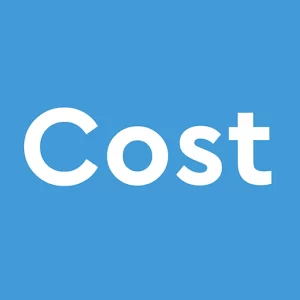Not sure whether to give a quote or an estimate? Whether you’re pricing up a loft conversion or planning a bathroom renovation, understanding the difference could save time, money and unnecessary stress.
Introduction
In industries like construction, home renovation, design, and other project-based services, the question of whether to provide a quote or an estimate comes up often. Although they sound similar, they serve very different purposes and come with different expectations. Knowing the difference is vital whether you’re pricing the work or paying for it.
Who This Is For: Tradespeople
This guide is essential reading for builders, plumbers, electricians, decorators, landscapers, and other skilled trades professionals. If you’re regularly asked for a price before seeing the full job, or find yourself doing extra work for no extra pay, it’s time to understand the role of quotes and estimates properly.
Using the right method at the right time not only protects your income, but also improves your professionalism and trust with customers. We’ll show you how to keep control of the budget, avoid misunderstandings, and still win the work.
Who This Is For: Clients
Homeowners, landlords, and property managers often rely on professionals to get jobs done—but may not know what a realistic price is or what they’re agreeing to. This article helps you spot the difference between an estimate and a quote so you can protect your budget, manage your expectations, and avoid any nasty surprises when the invoice arrives.
What Is an Estimate vs a Quote?
What Is an Estimate?
An estimate is an educated guess of what a job might cost, based on limited information at an early stage. It’s not fixed, and it may change once the full scope becomes clear.
What Is a Quote?
A quote is a fixed price provided after all the details are known. It is usually given in writing and, once accepted, becomes a binding agreement to do the job for that amount.
Key Differences
- Flexibility: Estimates can go up or down; quotes stay the same unless the job changes.
- Legal status: Quotes are binding once accepted; estimates are not.
- Detail level: Quotes need specifics; estimates can be general.
- Use case: Estimates suit early planning; quotes are for confirmed work.
When to Use Each
Use an Estimate When:
- The job is still being defined or discussed.
- You haven’t seen the site or received final plans.
- You want to provide a ballpark figure quickly.
Use a Quote When:
- You have all the project details and specifications.
- The job scope is fixed and confirmed.
- You’re ready to enter into a contractual agreement on price.
Legal Implications
According to the UK Consumer Rights Act, once a quote is accepted, it becomes legally binding. If you try to raise your price later without justification or approval, you may be in breach of contract.
Estimates, on the other hand, are not contracts. They’re simply provisional prices and carry no legal commitment unless turned into a written agreement.
How to Write Them
What to Include in an Estimate:
- A general job description
- An estimated price or range
- A disclaimer that prices may change
- Valid from and to dates
What to Include in a Quote:
- A full breakdown of labour, materials, and any additional charges
- Total fixed price (including VAT if applicable)
- Terms and conditions, payment terms
- Scope of work and what’s not included
- Start and completion timescales
Common Pitfalls
- Labeling an estimate as a quote and becoming contractually tied to a non-binding figure
- Quoting too early before fully scoping the job
- Not explaining to the customer what they’re being given
- Leaving out VAT or additional fees in your quote
Real-World Examples
Example: Estimate
A roofer is asked to fix a leak. Over the phone, they estimate £300–£400 depending on what they find. Once on site, they discover extensive water damage. The final quote is £950, and the client understands the increase because the roofer was clear it was an estimate.
Example: Quote
A carpenter visits a home, measures up for built-in wardrobes, and issues a written quote of £2,100. The client accepts. The price is fixed, even if the job takes longer than expected.
Estimate vs Tender vs Quote
Estimate: A rough idea of cost used in early planning stages. Often verbal or brief.
Quote: A formal price based on a clear scope of work. Binding once accepted.
Tender: A formal process (often for public or commercial work) where multiple suppliers bid with detailed pricing documents.
Comparison Table
| Estimate | Quote | |
|---|---|---|
| Binding? | No | Yes |
| Detail Required | Basic | Comprehensive |
| Legal Status | Informal | Contractual |
| Use Case | Early discussion | Final agreement |
Conclusion
Getting pricing right isn’t just about numbers—it’s about clarity, communication, and protecting your business or project. Use estimates to start the conversation and set expectations. Use quotes when the details are clear and you’re ready to commit. Understanding the difference means fewer disputes, happier clients, and smoother projects.
About Our Service
We specialise in producing accurate, professional building cost estimates for contractors, builders, and property developers across the UK. Our service bridges the gap between early-stage planning and client-ready proposals by turning your scoped project details into clear, reliable quotes that build trust and win work.
Whether you’re pricing a loft conversion, extension, or full-scale new build, we provide the clarity and structure you need—saving you time, improving professionalism, and helping avoid costly misunderstandings.
Get in touch to see how we can support your next project.
FAQs
- Is an estimate legally binding?
- What makes a quote legally binding?
- Can I change my quote after work starts?
- Should I give a quote or estimate first?
- How long is a quote valid for?
- What should I do if costs change?
- Are online quote tools reliable?
- Do I need to include VAT?
Is an estimate legally binding?
No. An estimate is not binding and is only an approximate cost.
What makes a quote legally binding?
Once accepted, a written quote becomes a contract and must be honoured.
Can I change my quote after work starts?
Only if the scope of work changes or there are unforeseen issues. Always update the client in writing.
Should I give a quote or estimate first?
Start with an estimate, then provide a quote once you’ve confirmed the job details.
How long is a quote valid for?
Usually 30 to 90 days, depending on industry norms and material prices.
What should I do if costs change?
Let the client know immediately and request agreement for any adjustments.
Are online quote tools reliable?
Yes, platforms like QuickBooks and Xero allow you to create professional quotes and estimates quickly.
Do I need to include VAT?
If you are VAT registered, yes. Always include your VAT number and clearly state whether prices include VAT.












